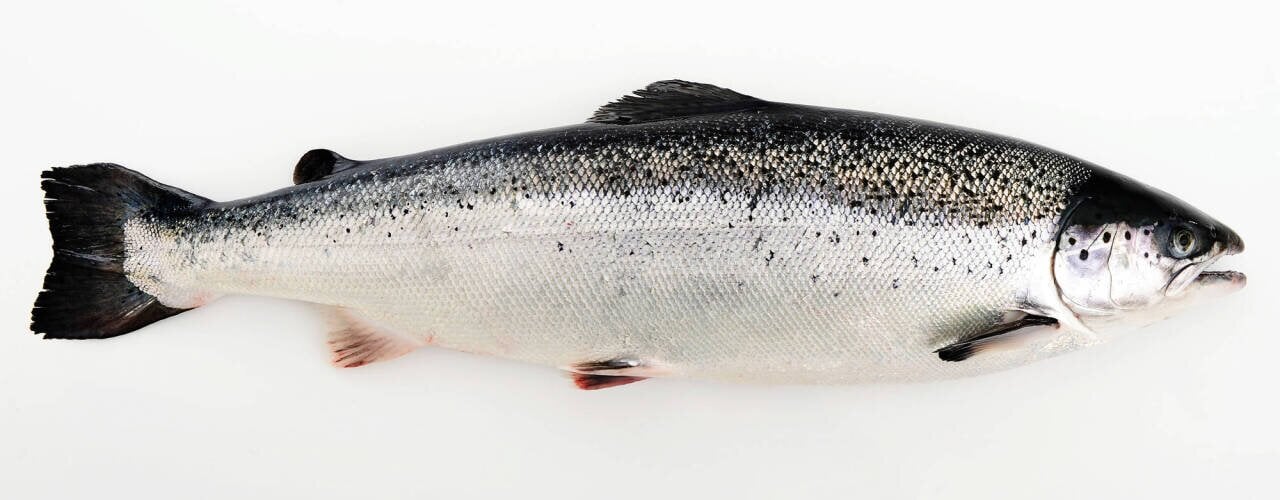According to international agreements and EU legislation, Norway is required to have a monitoring programme for drugs, illegal substances and environmental toxins in food-producing animals. On behalf of the Norwegian Food Safety Authority, the Norwegian Institute of Marine Research is responsible for analyses and reporting in the monitoring programme for Norwegian farmed fish. Every year, the Norwegian Institute of Marine Research examines farmed fish for dioxin and dioxin-like PCBs, heavy metals, pesticides and brominated flame retardants. None of the samples were above the threshold value. The samples are taken annually and the reports can be read on the Norwegian Institute of Marine Research's website.
PCBs, dioxins and mercury are the most important environmental toxins in wild fish and farmed fish. Salmon ingest these through the food they eat. The levels in farmed salmon have decreased because the feed now contains more vegetables than before. Farmed salmon now contains fewer environmental toxins than oily wild fish.
The Norwegian Scientific Committee for Food Safety evaluated the benefits of consuming the nutrients found in fish against the risk of eating fish. They concluded that the benefits clearly outweigh the negligible risk posed by the current levels of pollutants and other known contaminants in fish. The levels of PCBs, dioxins and mercury in farmed and wild fish are not harmful, not even to those who eat fish regularly.
Useful links
Fish food safety in the Norwegian diet (The Norwegian Scientific Committee for Food Safety)
